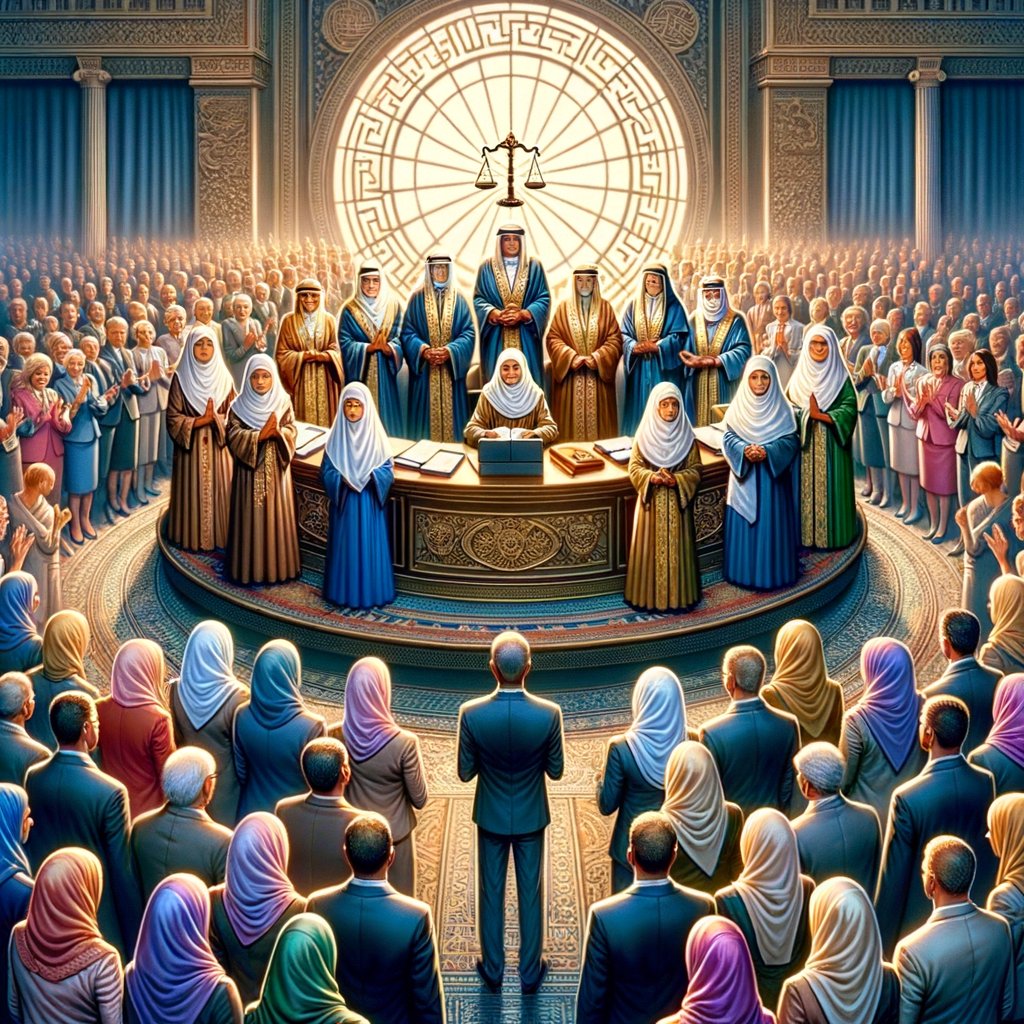Image created by AI
South Africa Recognizes Muslim Marriages, Bolstering Rights for Women and Children
In a historic move last month, South Africa officially started recognizing Muslim marriages, a significant step forward in safeguarding the rights of women and children within these unions. This came after President Cyril Ramaphosa signed the Divorce Amendment Bill into law in May 2024, fundamentally altering the previous legal landscape that left many Muslim families without recourse in cases of divorce or death of a spouse.
For decades, Muslim marriages were not recognized under South Africa's Marriage Act of 1961 and the Divorce Act of 1979. This lack of recognition often resulted in severe financial and legal difficulties for Muslim women and their children upon the dissolution or termination of marriages, as they were not entitled to inherit, claim maintenance, or receive spousal benefits under civil law.
The wheels of change were set in motion following numerous court challenges, culminating in a decisive ruling by the Constitutional Court in 2022. The court declared that omitting Muslim marriages from recognition not only undermined the dignity of those involved but also went against the principles of equality, human dignity, access to justice, and children's rights as stipulated in the Constitution.
The Divorce Amendment Bill introduced by the Department of Home Affairs now formally acknowledges Muslim marriages, provides for equitable asset distribution upon divorce, and ensures the protection of dependent and minor children. This includes specific provisions for the forfeiture of matrimonial benefits in certain situations, thereby offering a clearer and more just framework for handling the dissolution of Muslim marriages.
This legislative advancement aligns with ongoing efforts to promote equality and justice for all, as highlighted during the commemoration of 30 Years of Democracy in South Africa. It reflects a broader commitment to honoring cultural and religious traditions while pursuing social cohesion and national unity.
With the issue of the first batch of Muslim marriage registrations, the government not only adheres to the Constitutional Court's mandate but also signals its dedication to transforming legal norms to respect and protect all its citizens equally. For many South Africans, this development not only represents a legal victory but also a poignant reminder of the nation's journey towards an inclusive democracy where every individual's rights are upheld.
Now, as the country moves forward, it is crucial for all South Africans to be aware of these changes and to leverage the available legal protections to enhance their quality of life. The recognition of Muslim marriages is more than just a legal formality; it is a profound affirmation of the nation's commitment to its diverse citizenry.










